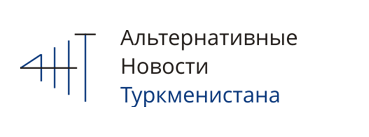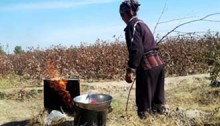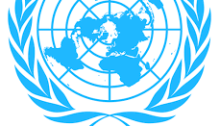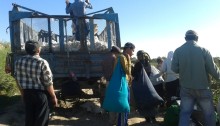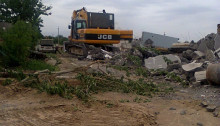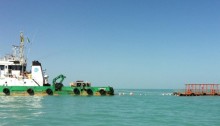Turkmenistan: Recruitment Offices Bring Reservists in for “Retraining” (Video)
Bekrewe is currently the duty station for dozens of employees of government textile enterprises, the state-owned Turkmentelecom, a number of Ashgabat public transportation organizations, and other civilian agencies. Almost every reservist aged between 26 and 40 has dependent minor children.
